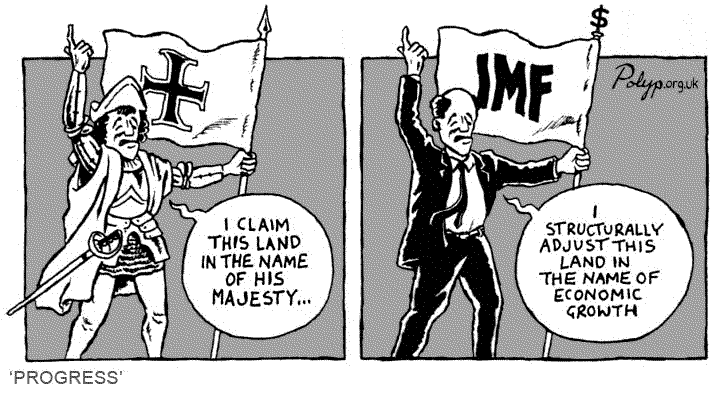Legitimisation patterns
by Ty Myrddin
Published on October 13, 2020

Legitimate power is based on a structural relationship (or rather
the acceptance of economic stratification or other forms of
hierarchy) between the influencing agent and the target.
Implicitly, or explicitly, the agent says, “I have a right (the
position) to ask you to do this and you have an obligation (the
position) to comply”.
When words like “obliged” or “obligated”, “should”, “ought to”, “must”, and “are required to” are used, they may signal an attempt at “legitimisation of power” (which even if accepted by a society, may not be considered lawful in more common sense perceptions or by a questioning individual).
Legitimacy can be understood as a capital of recognition (Bourdieu). This symbolic capital makes a coercive force be accepted for whom it “suffers”. Power becomes authority when it possesses “capital of legitimisation”. However, bearing in mind that throughout political history of the West that capital of legitimacy has function and has been stated in diverse ways, this distinction between power and authority must take in the multiple and diverse forms in which both have been conceived. There are mainly three legitimacy paradigms that can synthesize the earlier mentioned history: the paradigm of difference, that of equality, and that of interdependency between difference and equality. Each one of these paradigms entails different ways of conceiving the legitimate power and the illegitimate power:
- within difference the legitimate power is the sacred force owned by the sovereign over the subordinate who lacks power (since the illegitimate power lacks formulation it can only be conceived as a resistant practice).
- within equality the legitimate power is the determination of the collection of equals (system, nation, society, …) over oneself, it is the self-created or emerging domain from a systemic collection of relations, while the illegitimate and subjective power splits up, fragments or scatters the whole, and at the same time progresses producing “illegitimacy”.
- within interdependence the power assimilates the tension between potential (possibility) and force in action, all power and all authority is conceived as disintegrating and subjective, a degree of recognition between different ones who do not give up difference and who recognize themselves on it as equally strongly linked in interdependency webs where the possibility of better balanced relationships appears.
Raw magic crackled from their spines, earthing itself harmlessly in the copper rails nailed to every shelf for that very purpose. Faint traceries of blue fire crawled across the bookcases and there was a sound, a papery whispering, such as might come from a colony of roosting starlings. In the silence of the night the books talked to one another. A student